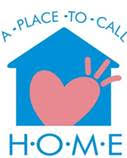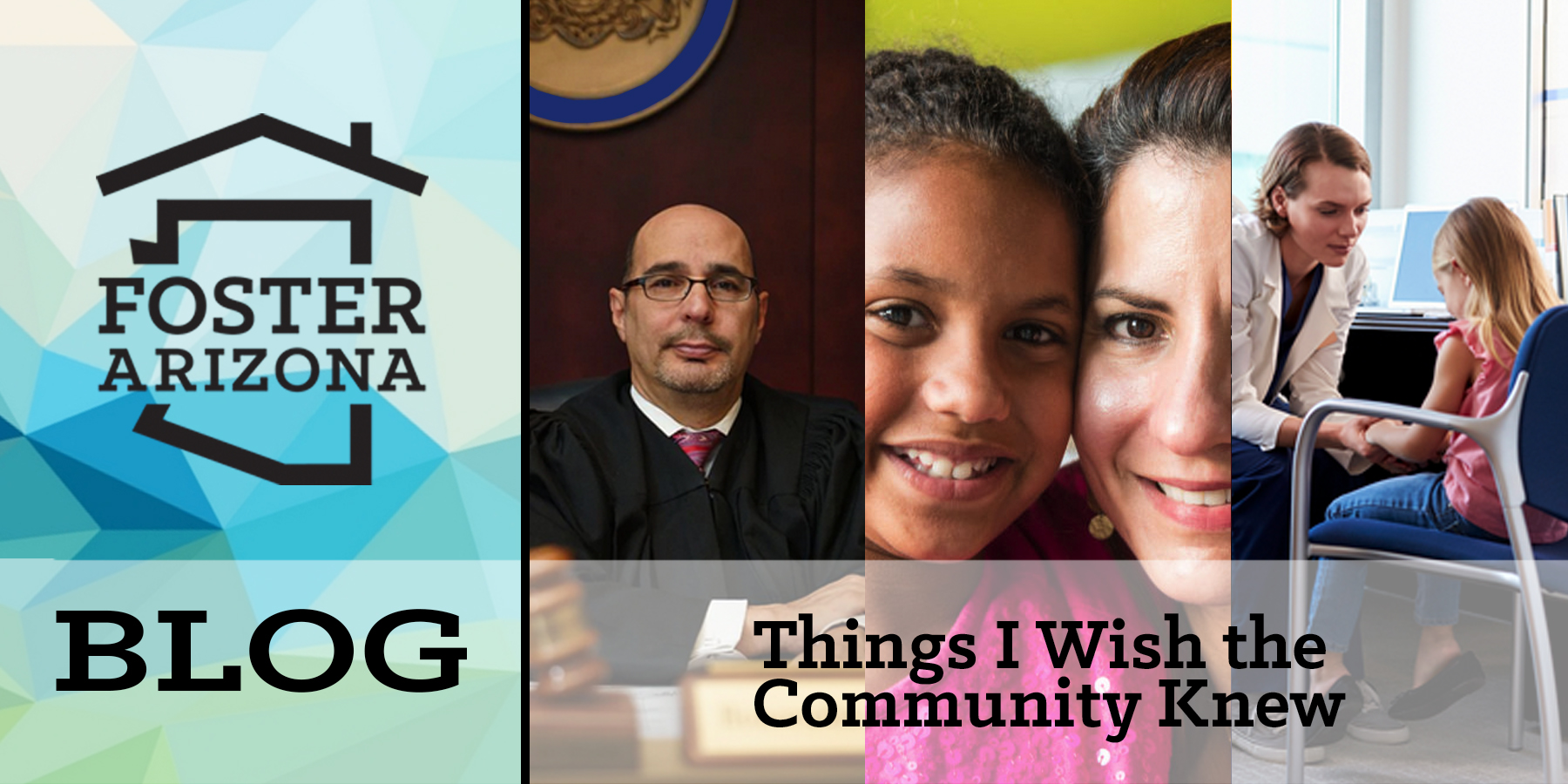As a previous foster parent, I can empathize with new families as the process can be daunting. We have all heard the horror stories we all have heard of a friend of a friend that had a terrible experience. I too had heard those stories, but they did not align with what I had seen and known. My parents had become licensed foster parents a couple of years after my last sibling moved out. They had several children enter their home before being reunified with their families. After over 7 years, the experience had been tough but rewarding for not only them, but for us as we gained new siblings.
After moving to Arizona and seeing the news reporting on the need for foster parents, I decided to investigate fostering. I fostered for about 5 years and had 17 children that entered my home during that time. I was fortunate to have built relationships with some of the bio families, which is a blessing as that is not always the case.
I was often frustrated with the process and the intrusive nature. Since becoming a Recruitment Coordinator, I have been able to gain a new perspective. It can seem overwhelming with the paperwork, doctor physical, training, and meeting with a family specialist or licensing worker to answer questions for the home study. I have come to understand that though at times it can be too much, it is necessary.
The process is designed to help you better understand your family and how a child entering will be an adjustment for everyone. The children have experienced some form of trauma, which is often neglect, that most of us have not had to experience. The trainings help foster families develop skills in working with children with trauma. The trainings can also assist with your own children, I often would use parenting tricks to apply to my children.
Unlike your Family Specialist or Licensing Worker, the state is not meeting with you personally. The process allows them to gain insight into your family and to know you better. This also helps your licensing agency match your family strengths with the needs of a child in care. When a child enters foster care, the goal is reunification. DCS works to help parents gain the skills and tools needed to provide for their child/children. Many bio parents have not had the opportunity to learn coping skills that many of us take for granted when facing adversity. DCS works tirelessly to identify the needs for each individual family and put in place the supports needed. Unfortunately, reunification is not always the case but there are loving safe homes waiting to adopt.
My recommendation is to go with the flow and to focus on the big picture. You will be helping to change a life and possibly a family tree. The children will be able to see that their normal does not have to continue, that there is something different out there. That they can shape what their life can be, that they have no limits. In my experience, I walked away with so much more than I felt I provided the children. The struggle is real but with stability and consistency the children thrive.
The system is not perfect, as community members, potential foster parents, or current foster parents we all have a voice and can advocate for change. If fostering is something that you feel you are not ready for there are other ways you can help. Become a CASA volunteer and help to mentor children in care. Join the Foster Care Review Board and provide valuable feedback to the court on current cases. Volunteer to assist agencies provide school supplies or holiday gifts.
Maria Villalobos
Recruitment Coordinator at A Place To Call Home

